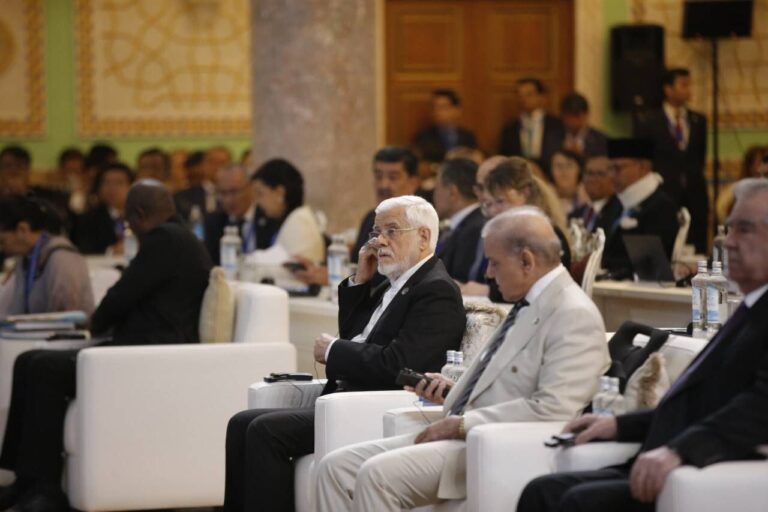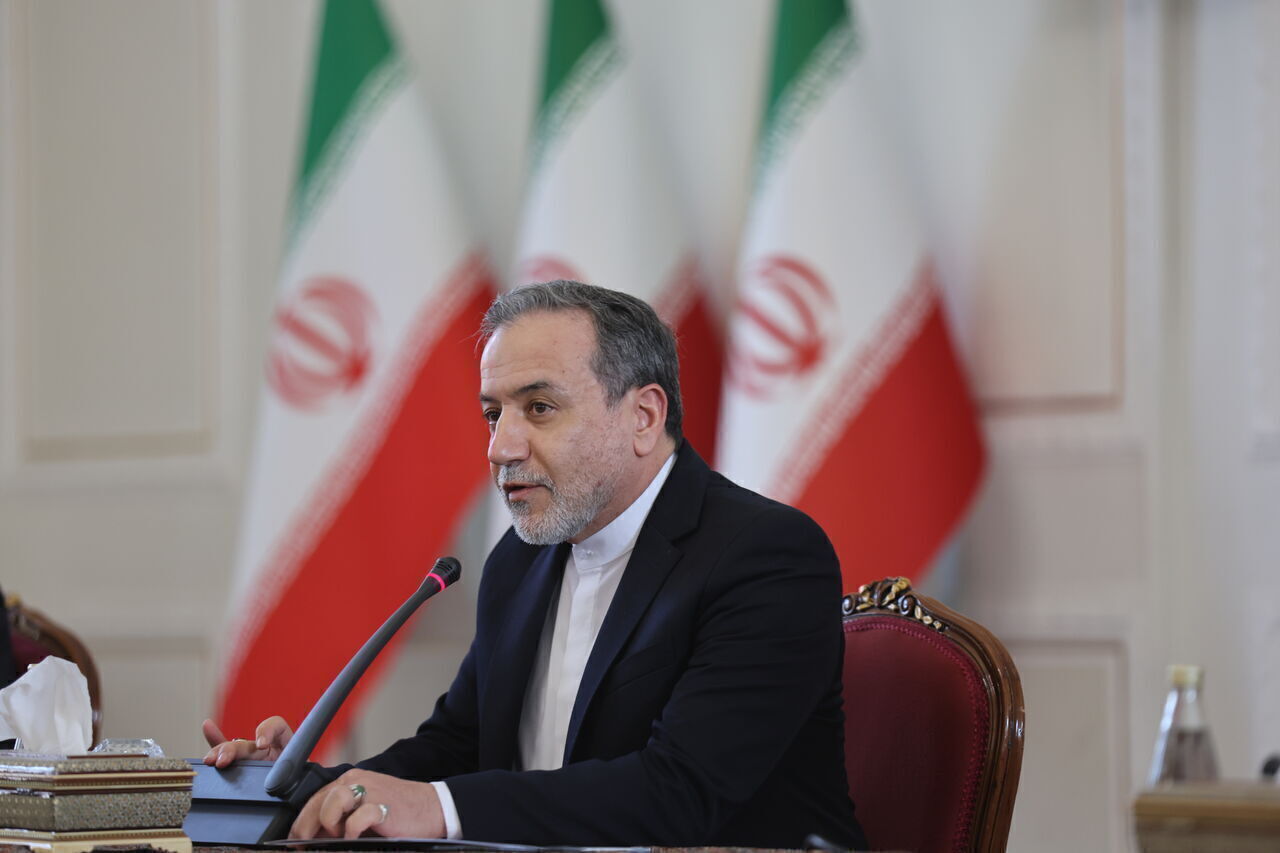
Similar Posts
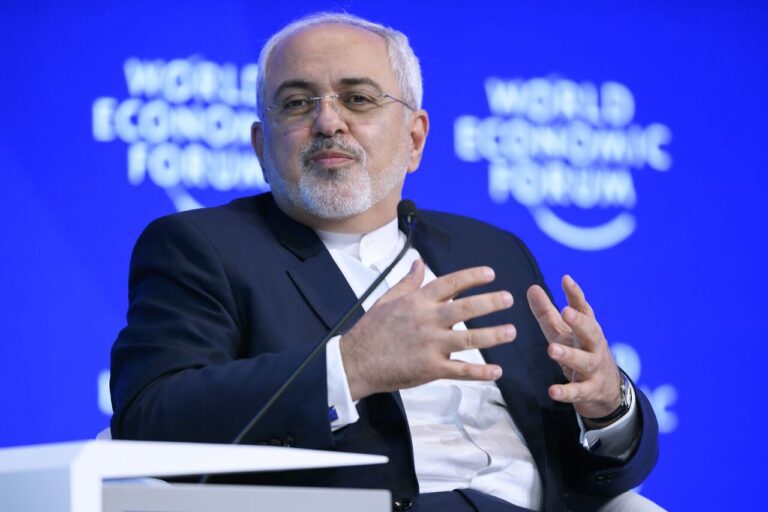
Iran’s Zarif: Country Poses No Security Threat to the World
Iran’s Vice President for Strategic Affairs, Mohammad Javad Zarif, stated that Iran does not threaten any nation’s security, asserting that if it sought nuclear weapons, it could have done so long ago. In an interview at the World Economic Forum, he criticized the portrayal of Iran as a threat, linking it to Iranophobia and Islamophobia. Zarif emphasized Iran’s readiness for dialogue and cooperation, referencing the Joint Comprehensive Plan of Action (JCPOA) aimed at preventing nuclear proliferation. He also commented on regional resistance movements, asserting that they act independently while Iran supports self-determination and peace in the region.
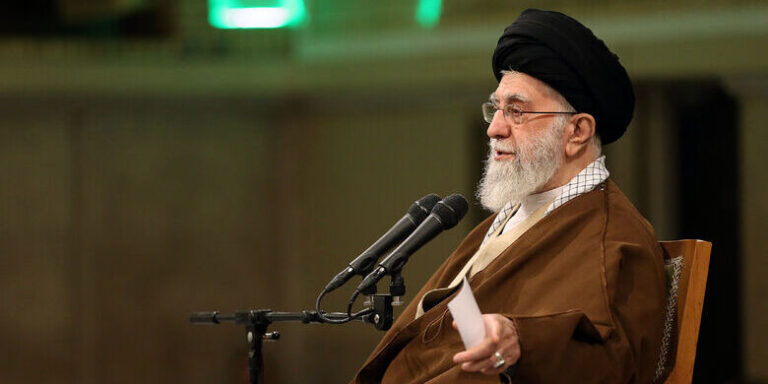
Iran’s Leader Connects with Citizens in East Azerbaijan Province: A Strengthening of Local Ties
On February 18, 1978, the Tabriz uprising became a pivotal event in Iranian history, and this year, thousands gathered in Tehran to honor its legacy. Residents from East Azerbaijan Province met with Ayatollah Seyyed Ali Khamenei, reflecting on the uprising’s struggles and its lasting impact on Iran. The gathering highlighted the importance of remembering historical events, with Khamenei emphasizing their significance. Various activities were organized to commemorate the sacrifices made during the uprising, reinforcing a collective commitment to the values that emerged from this pivotal moment in the fight for justice and freedom in Iran.
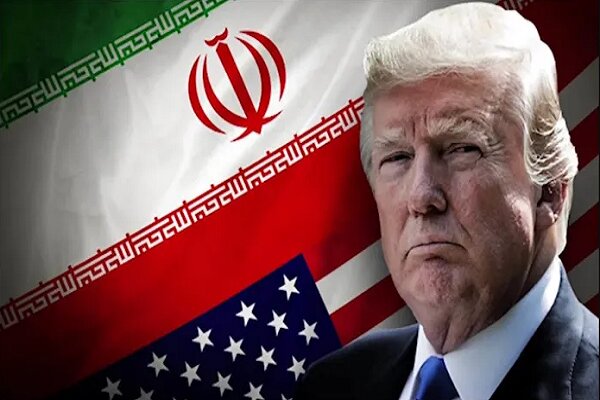
Trump Weighs Iran’s Proposal for Indirect Talks: A Game-Changer in Diplomatic Relations?
Former President Donald Trump has expressed a preference for a diplomatic deal with Iran while simultaneously threatening military action if negotiations fail. He has set a two-month deadline for Iran to negotiate, although the start date is unclear. Trump proposed direct nuclear talks, while Iran favors indirect discussions mediated by Oman. U.S. officials are exploring ways to build trust but face internal debates over negotiation formats. Iranian leaders insist on conditions free from threats for talks to proceed. As tensions rise, the international community is closely watching the evolving dynamics in U.S.-Iran relations, hoping for a peaceful resolution.
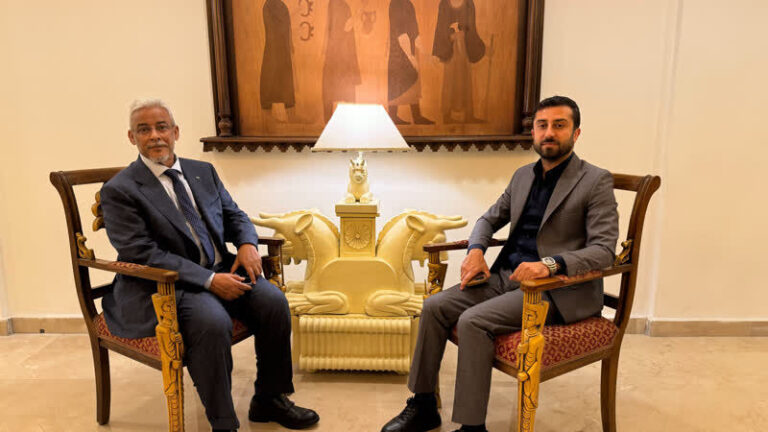
Mauritania’s Envoy Declares Iran Among the World’s Safest Destinations
In an interview, Mauritania’s Ambassador to Tehran, Sayyid Muhammad Walid Muhammad al-Razi, refuted negative depictions of Iran by Western media, asserting it is one of the safest countries. He shared his experiences, noting he often shops without bodyguards. Al-Razi expressed a desire for increased economic and cultural ties between Mauritania and Iran, highlighting ongoing cooperation efforts. He praised Iran’s resilience against Western sanctions and its industrial growth, comparing its advancement favorably to some European nations. His insights challenge common Western narratives about Iran, presenting a more positive view of its safety and development.
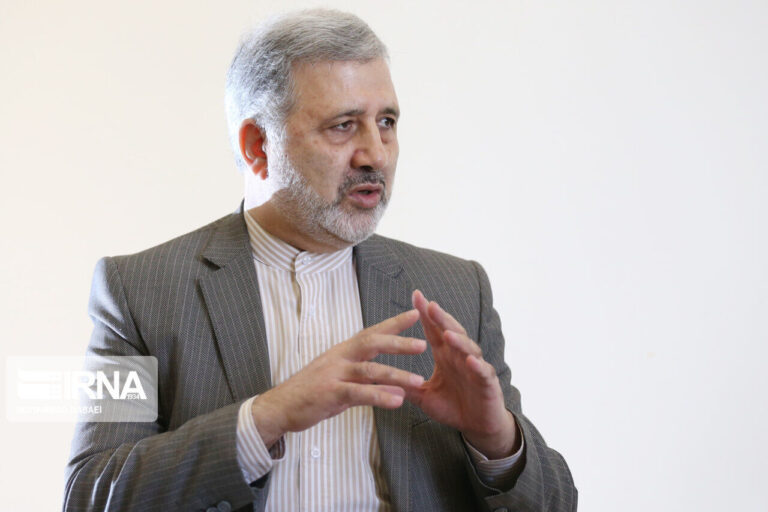
Strengthening Ties: Saudi Defense Minister’s Iran Visit Paves the Way for Enhanced Bilateral Relations, Says Ambassador
Tehran is experiencing a notable shift in diplomatic relations, particularly following Saudi Defense Minister Prince Khalid bin Salman Al Saud’s recent visit. Iranian Ambassador to Saudi Arabia Alireza Enayati highlighted the visit’s significance for enhancing Iran-Saudi ties. Meetings with high-ranking officials, including Iran’s Supreme Leader, could establish a broader framework for cooperation. Discussions centered on military and defense collaboration, reflecting Saudi Arabia’s autonomous role. Enayati emphasized the potential for economic and social development in the region. Amid ongoing conflicts, cooperation is increasingly vital, with both nations engaging in dialogue on the Palestinian issue and positive developments in U.S.-Iran negotiations.
